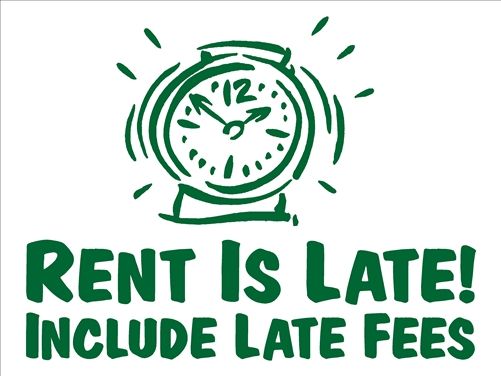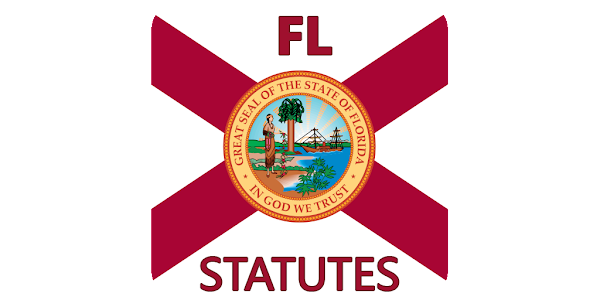Abandoned Personal Property: Trash or Treasure?
Nearly every tenant leaves stuff behind when they vacate, most of the time it’s just a big pile of junk. Trash or treasure, the law says it’s not yours and you have an obligation to respect your former tenant’s personal property.
According to 715.104 of The Florida Statues, when your tenant leaves personal property on the premises after the tenancy has ended and he has vacated, you must give written notice to the tenant and to any other person you reasonably believe to be the owner of the property. (See a sample letter here)
The notice should adequately describe the property so the owner can identify it. While your notice may describe all or a portion of the property, you may loose some of your limitation of liability if you do not fully describe all of the property. An exception is made for things like locked trunks and containers. In this case you can describe them as such without describing its contents.
The notice should advise the tenant where he can claim the property and how long he has before you dispose of it. You must give him at least 10 days if the notice is personally delivered and at least 15 days if the notice is mailed. Mail the notice by first-class mail to last known address of the tenant. Yes, that is usually the property he rented from you. That is OK. If the letter is returned undeliverable just place it the tenant’s file.
WHAT’S IT WORTH?
If you believe the property is worth less than $500.00 your notice should include the following paragraph:
"Because this property is believed to be worth less than $500,
it may be kept, sold, or destroyed without further notice if you fail to reclaim it
within the time indicated above."
Clear enough. After 15 days and no contact by the owner, the property may be kept, sold or destroyed. If the value exceeds $500.00 and your job is far more difficult. In this case insert the following paragraph into the notice. Pay close attention to what it says. This is your responsibility for the property.
"If you fail to reclaim the property, it will be sold at a public sale
after notice of the sale has been given by publication.
You have the right to bid on the property at this sale.
After the property is sold and the costs of storage, advertising, and sale are deducted,
the remaining money will be paid over to the county.
You may claim the remaining money at any time
within 1 year after the county receives the money."
So, these are easy rules to follow except in cases where the property has value in excess of $500.00. If you don’t follow these rules you may be liable to the tenant for actual and consequential damages or 3 months' rent, whichever is greater, and costs, including attorney's fees. Think what that might mean if the tenant claimed that locked trunk contained a dozen Rolex watches. Why take a chance? Send the letter.
EVICTION
Disposition of your tenant’s personal property is a bit easier during an eviction. When the sheriff executes the writ of possession the landlord is to remove any personal property found on the premises and put it at the property line. According to 83.62(2) , neither the sheriff nor the landlord is liable to the tenant or any other party for the loss, destruction, or damage to the property after it has been removed.
While it’s true that nearly every tenant leaves stuff behind when they vacate, most of the time it’s just a big pile of junk. Trash or treasure, the law is clear about your obligations. The rules are easy to follow. If you do it right you are insulated from liability. If you take a shortcut, some day a former tenant could feast on you because of your haste. If you are wise you will send the letter.
###
Paul Howard is the President of The Florida Landlord Network
He may be reached via email at: Paul@FlaLandLord.Com
Website: www.FlaLandLord.Com
Disclaimer: Nothing contained on this website constitutes tax, legal, insurance or investment advice, nor does it constitute a solicitation or an offer to buy or sell any security or other financial instrument. AAOA recommends you consult with a financial advisor, tax specialist, attorney or other specialist who is able to properly advise you.































